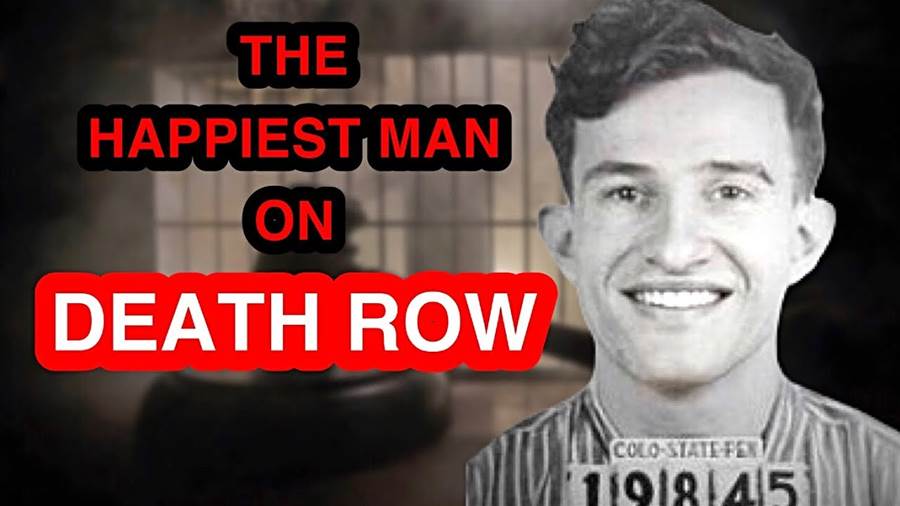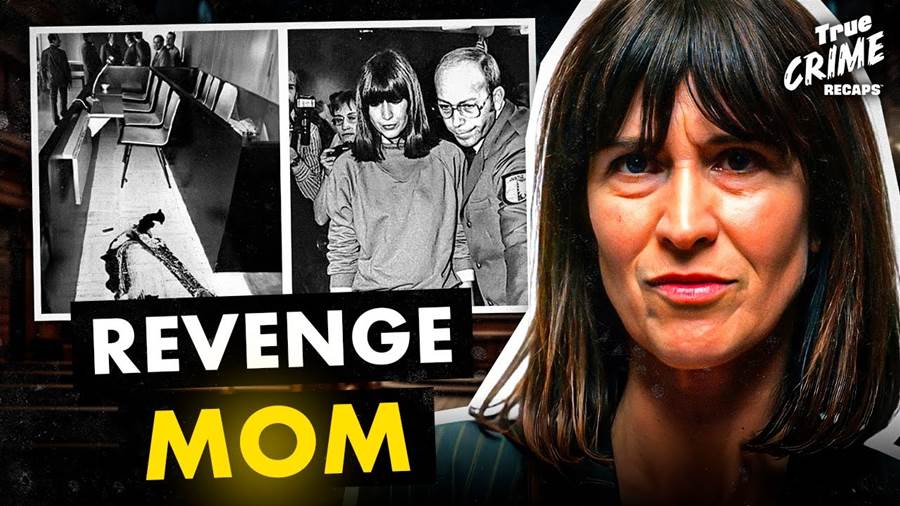

Imagine being a child in a man's body, unable to comprehend the world around you, and then finding yourself condemned to death for a crime you didn't commit. This was the fate of Joe Arridy, a 23-year-old with the mind of a six-year-old, whose wrongful execution remains one of the most heartbreaking miscarriages of justice in American history.
In the summer of 1936, the small town of Pueblo, Colorado, was rocked by the brutal murder of 15-year-old Dorothy Drain. The pressure on local law enforcement to find the perpetrator was immense. Desperate for a swift resolution, Sheriff George Carroll arrested Joe Arridy, a man with significant intellectual disabilities, after he was found aimlessly wandering near the local rail yards. Joe’s childlike innocence and limited understanding made him an easy target for the authorities, who coerced a confession from him—a confession that would seal his tragic fate.

Joe Arridy’s mental capacity was so limited that he struggled with basic concepts like colors and shapes.
The article is not finished. Click on the next page to continue.




















代表者: 土屋千冬
郵便番号:114-0001
住所:東京都北区東十条3丁目16番4号
資本金:2,000,000円
設立日:2023年03月07日
